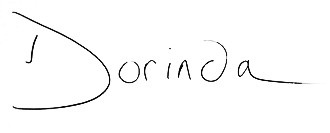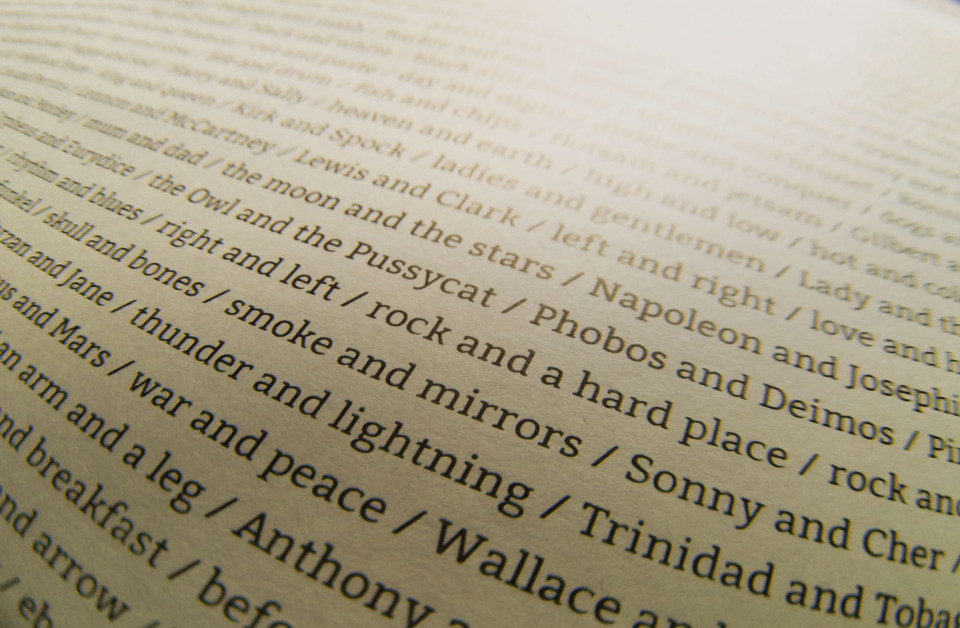Dear Corinne,
Most of us will have had the experience of losing something or of being actually lost in an unfamiliar environment. I certainly have! Sometimes we do not realise that we have lost something until we come to need it.
In some seasons of our lives we can find ourselves so busy and so overcommitted that we are in danger of losing ourselves. No I do not mean we disappear and cannot be found! Rather, that in the midst of it all, we begin to focus on just keeping going, on surviving and on getting through the day/week/month. We become over tired and it becomes difficult to see the wood for the trees! Often we do not realise that certain aspects of our life are slowly being squeezed out and that we have ‘lost’ other aspects.
For example, we may believe that silence and solitude are important for our spiritual well-being and yet we can allow tasks and activities to overtake us, until there is no time left for them. Furthermore we can become so accustomed to our pace of life, that we no longer notice that times of solitude have departed from our schedule.
There are accounts in the Gospels of items, animals, and people who were ‘lost’, being found. For example, the woman who finds her coin, the shepherd who finds his sheep and the prodigal son returning to his father; there are also accounts of people searching for what they needed and Jesus ministering to them and restoring their health, sight speech and sanity. Joyce Rupp writes about this in more detail in her book Fresh Bread and other gifts of Spiritual Nourishment.
So how do we know we are losing ourselves and what can we do about it?
After a particularly challenging and exhausting season in my life, someone suggested to me that I had been spreading myself so thinly over my roles and responsibilities that I had lost myself! My initial response was one of indignation, but that quickly led to reflection and the ensuing reality that it was an accurate description of my current position.
This, in turn, led me to spend time considering the whole question of identity.
Over the course of our lives, our identities change and grow as we journey along the path of life and navigate the terrain. As we do so, we develop our awareness and understanding of who we are.
Also over the course of our lives, an infinite number of words are spoken to us or over us by a wide range of people, for example our parents, family, friends, teachers, work colleagues. Some of these are positive and encouraging, some are less so and both can be instrumental in shaping who we are and who we become, as they shape our beliefs about ourselves. The Russian Dolls series of meditations looks at this and the whole area of identity.
Sometimes as we traverse and navigate the terrain of life we lose our way and find ourselves in circumstances or situations which we come to realise may not be the best for us. This is where belonging can come into its own, in that if we are part of supportive social networks, our friends within them can help and support us during the difficult times and help us to get back on track or onto an even keel.
However sometimes the seasons which outwardly appear to be ‘lost’, through circumstances beyond our control, can become springboards to new directions and opportunities. When I was first diagnosed with heart disease I found Michael Mayne’s book ‘A Year Lost and Found’ helpful and encouraging! The season of sickness, for me, was definitely a springboard to new opportunities.
I look forward to hearing your views on this theme!
with love

